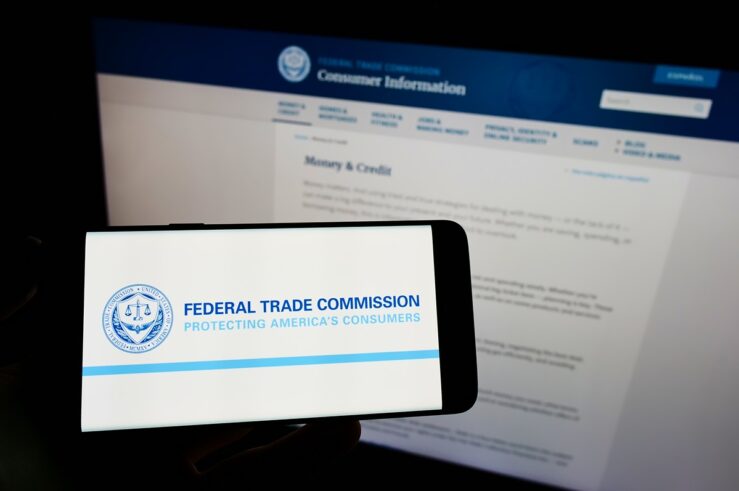I’m finally catching up with this NLJ article about Hofstra law prof Richard Neumann’s estimate that the cost of a law review article written by a tenured professor at a top law school is around $100,000 ($25-$42,000 for assistant professors at lower-paying law schools). The estimate includes the professor’s salary, benefits and research grants and assumes the professor spends 30%- 50% of his or her time on scholarship and publishes one article per year.
Based on evidence that 43% of law review articles are never cited by anyone, Neumann says “at least a third of these things have no value. Who is paying for that? Students who will graduate with six figures of debt.” Better, he says, to have these obscure authors spend more time in the classroom.
Walter Olson cites Neumann’s talk as more evidence for his conclusion in Schools for Misrule that “in part through accreditation rules, law schools are artificially pressured to channel faculty energy into published scholarly work, despite evidence that much of it will be little read or consulted.”
Well, I guess I should show these stats to my dean, since they make me look cheap. I’ve written over 160 articles in my 36 years, more than four a year, with increased production in later years roughly correlated with my pay.
As a producer of law review articles, of course I have an incentive to defend them. Legal academics have been the main source of legal ideas in the U.S. Walter thinks, with some basis, that many of these have had pernicious effects. This, of course, is in tension with the idea that legal academics labor in obscurity. In any event, even if many articles fall on deaf ears, this is no different from the many books not read and the many inventions never manufactured. Given the difficulty of predicting which ideas will take hold, a robust market for ideas must produce losers as well as winners.
As I said in commenting on Schools for Misrule,
the problem is not that law schools produce too many ideas and not enough practical training. We need good ideas, including ideas that challenge the status quo, that are not going to be produced by those immersed in the day-to-day practice of law. * * * If the market were freed from the constraints of licensing and mandatory accreditation, it could better produce the sort of law society needs at a price it can pay.
My article Practicing Theory sketches the market for legal education that might emerge once these constraints are lifted. I don’t discuss law reviews specifically, but in general I can see some student-edited law reviews in top schools fitting with my overall vision of law schools as legal information producers.
I doubt, however, that the current system of hundreds of student-edited law review could survive legal education’s loss of the monopoly power conferred by licensing and accreditation. Special purpose training programs would emerge that could not begin to support professors who spend most of their time researching and students immersed in cite-checking rituals.
Research would continue in the full-fledged law schools that remain. However, the outlets for research would be peer-reviewed web-based journals as well as the legal information products, including privately produced laws, that Bruce Kobayashi and I discuss in our Law’s Information Revolution.
In short, the problem isn’t student edited law reviews as such, but regulation that sustains this system without respect to its value relative to alternative mechanisms for creating and disseminating legal ideas.




